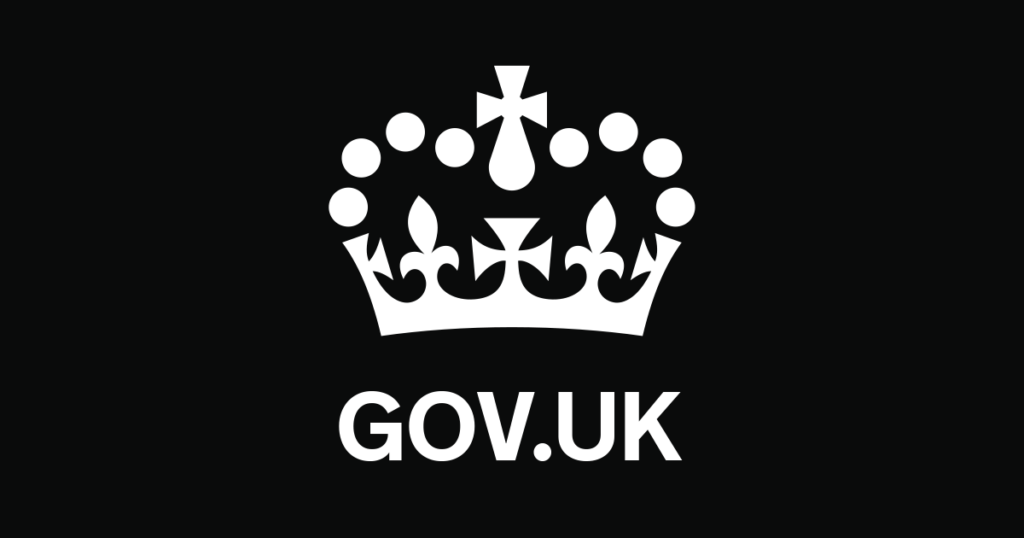Effective Governance
Introducing the Issue
Organisational governance concerns the creation of checks, balances and controls on which proper, honest and effective management depends. Massive financial losses and business frauds, scandals and cover ups are often the result of governance failures, such as a weak or dysfunctional boards of directors failing to do their jobs properly. Learn more about responsible business and governance.
Is your company Effectively Governed?
What lengths do you go to to ensure that your company is governed effectively? Do you have policies or practices developed? Perhaps this isn’t an issue that you need to worry about right now? We’ve developed benchmarks that attempt to define Poor, Okay, Good and Excellent company performance standards on effective governance.
You are invited to assess your business against these benchmarks, for free and without obligation.
Effective Governance
Follow this link to:
1 – choose your score
2 – add a few lines by way of explanation to describe your policies and practices
3 – enter your email address so that we can get back to you
4 – submit
Nothing you submit will be published or shared.
Exploring the Issue
Effective governance boils down to a few basic principles, which are worth revisiting regularly – particularly at times of great challenge or change.
Effective governance adds value. It is lean, transparent and ethical, focused on tackling operational challenges in ways that complement the big picture vision. It always seeks the best outcomes for stakeholders and is never content with merely staying out of trouble.
The best boards continually question their own governance. Whoever they are – from the smallest charity to the greatest public institution – they have a clear idea of their purpose and role and they understand that good governance is in everyone’s interests.
Effective governance enables organisations to build a sustainable, better future for all of us. It’s the duty of board members to remain focused on broad, strategic goals while tackling day-to-day issues and meeting their responsibilities, so it’s incumbent on them to work with certain governance ideals in mind.
Key themes of good governance
The Good Governance Institute (‘GGI’) believes there are ten principal themes that illuminate the different aspects of good governance:
- Clarity of purpose, roles and behaviours – Boards need to ask themselves one fundamental question: ‘what is the point of this organisation?’ The purpose of the organisation, and the vision set by those that govern it to support the achievement of that purpose, is the starting point for any system of good governance.
- Application of principles – The principles driving an organisation must be of fundamental value, understood by all users and reflect the organisation’s purpose. We would argue there are ten: entity, accountability, stakeholders, governance and management, the board and constructive challenge, delegation and reservation, openness and transparency, board support systems, knowing the organisation and its market, and competence.
- Leadership and strategic direction – Without clear strategic direction and leadership embedded within the governance system, organisations can be successfully reactive, but are also prone to going into organisational free-fall.
- Effective external relationships – Good governance has the interests of all stakeholders at its roots. The best boards and governing bodies ensure their leaders are directly engaged in stakeholder relationships.
- Effective internal relationships – Boards must understand how their own organisations’ internal stakeholders are feeling and acting. At the root of many organisational issues is a lack of good communication between those who run the organisation and those who work for them.
- Transparency and public reporting – Openness builds confidence and early disclosure supports early improvement. A mature organisation will have empowered staff who welcome comments, who apologise when things go wrong and respect users’ expectations that things will be put right.
- Systems and structures – Organisations must be able to benchmark themselves against relevant best practice and track compliance against standards and targets. They must ensure a clear line of sight from the front line of service delivery through to board level on quality and safety.
- Challenge on delivery of agreed outcomes – It’s not always easy to identify and measure outcomes in complex environments or to identify specific causes of failure, but there are tools available to help and boards should be well-informed about them and about how their organisations measure up against relevant benchmarks.
- Risk and compliance – Healthcare organisations in particular work to a broad range of compliance regimes and it is the job of the board to ensure they are always observed – and this includes the conduct of the board itself. The risk system used by boards should properly alert management and boards of any danger of failing to meet compliance standards.
- Organisational effectiveness – Boards should regularly discuss what value they can add to their organisations. Good governance includes identifying a vision, developing a strategy, selecting and supporting a leadership to deliver that strategy, assurance that progress is being made, the stewardship of resources, and the guardianship of quality and safety – all done to the highest standards of probity and transparency.
Governance basics
Governance basics cover the most fundamental and important elements of your governance – what you and your organisation can’t function properly without. The emphasis varies by sector but some of these fundamentals are common to all – including assurance, quality and risk management.
GGI believes that governance should be shaped by these core principles (conceived with NHS boards in mind, but equally applicable across other sectors):
Assurance beats reassurance: Board members must understand and value the difference between assurance – proactively establishing for yourself that all is well – and reassurance – reactively having concerns dispelled by someone else. But that’s a baseline; boards should aim higher. Assurance should offer context, insight and solutions. In a complex, uncertain and unreliable world, boards should be adding value through interpretation, seeking change before it is needed and embracing ambiguity for its richness and nuance.
Board as regulator of first resort: There should not be any surprises in governance. In highly regulated sectors such as healthcare, there can be a tendency for national bodies to dominate board thinking rather than e.g. waiting to discover what external inspectors reveal and only then dealing with it. A mature board should already be aware of any issues and have measures in place to address them.
Challenge is positive: There is no place for ego or defensiveness in good governance. Scrutiny should not be viewed as a threat or a chore to be endured but rather an important lever for driving improvement. Board members have a duty to ask the right questions, as well as constructively challenging the answers.
Sustain core principles: As well as being heavily regulated, the NHS is also in a constant state of flux. One of the challenges facing boards is to develop forms of governance that cope well not just with the status quo – something that mature governance systems tend to be good at – but also with disruption. In a changeable landscape, it’s easy for core principles to be swept aside by the latest new initiative. It’s essential for board members to maintain focus, review regularly and ensure good governance principles prevail.
Executives and non-executives: A balanced and collaborative relationship between the two is fundamentally important. The healthiest boards are willing to challenge themselves and question the status quo; embracing the objective, impartial perspective of non-executives is an essential part of doing that.
Remember to look within: Honest self-reflection – collectively and individually – is one of the most important areas of board activity. Development needs should be continually assessed and addressed so board members are well equipped to carry out their roles.
Engagement is key: Connecting to the people in your organisation makes them not just a network but your most valuable source of education.
Source: GGI
Definitions
A Board Of Directors is a group of people whose legal obligation is to oversee the company and ensure it serves the best interests of the shareholders.
Diversity refers to the range of human differences, including but not limited to race, ethnicity, gender, gender identity, sexual orientation, age, social class, physical ability or attributes, religious or ethical values system, national origin, and political beliefs.
Effective organisational governance concerns the creation of checks, balances and controls on which proper, honest and effective management depends.
A Living Document is a type of document that is created with a defined mechanism and process to edit, manage, control, review, revise, update, share and communicate each updated version of the document accurately and efficiently.
A Mandate is a “living” document that ensures that everyone is aware of the values, goals, and expectations of the company, its stakeholders, shareholders, and employees.
Organisational Governance concerns the creation of checks, balances and controls on which proper, honest and effective management depends.
Risk refers to the exposure a company or organisation has to factor(s) that will lower its profits or lead it to fail.
Risk Management is the process of identifying, assessing and controlling threats to an organisation’s capital and earnings. Also examines the relationship between risks and the cascading impact they could have on an organisation’s strategic goals.
A Shareholder is an individual, company, or institution that owns at least one share of a company and therefore has a financial interest in its profitability. Shareholders are always stakeholders.
A Stakeholder is someone with a long-term interest in the performance of a company for reasons other than stock performance or appreciation. This includes owners, shareholders, employees, customers, suppliers, etc.
Articles & Resources

The Tories must now demonstrate effective governance
Telegraph
The best way to avoid John Major’s fate is to focus on delivering an agenda which renders “sleaze” stories trivial.

Corporate governance framework
Government UK
Good corporate governance is fundamental to any effective organisation, and the corporate governance arrangements of the Single Source Regulations Office (SSRO) are critical in helping us to achieve our principal statutory duties.
